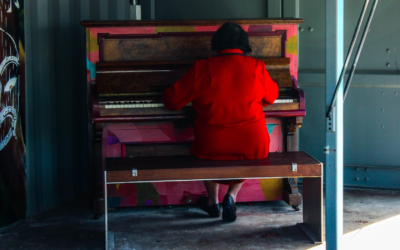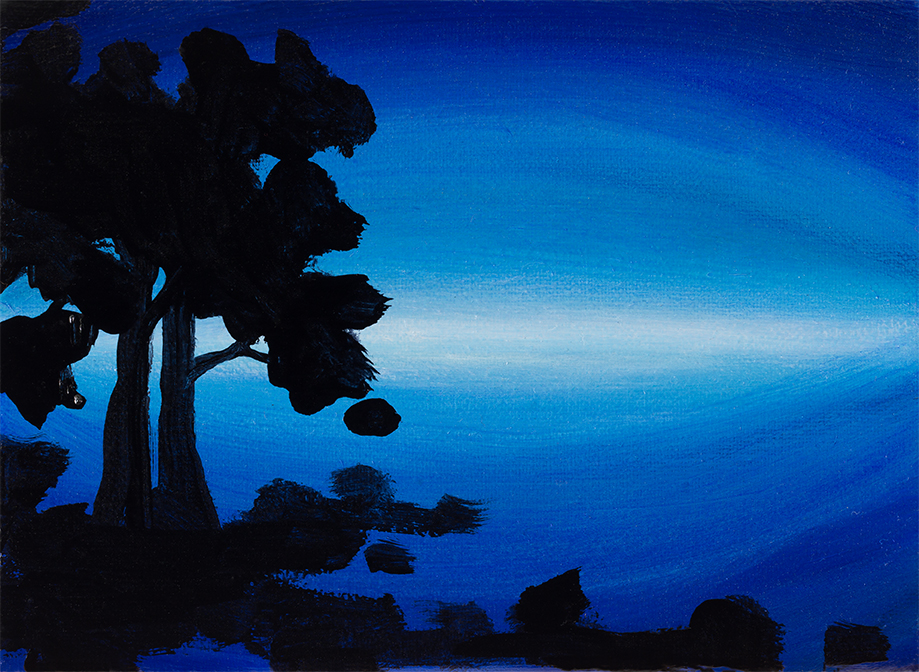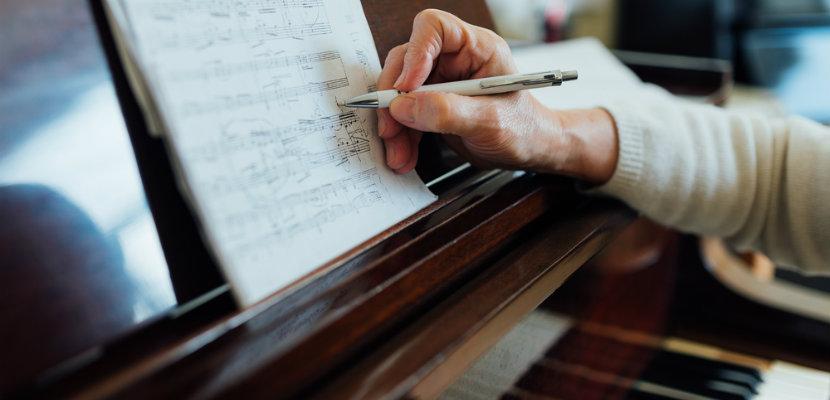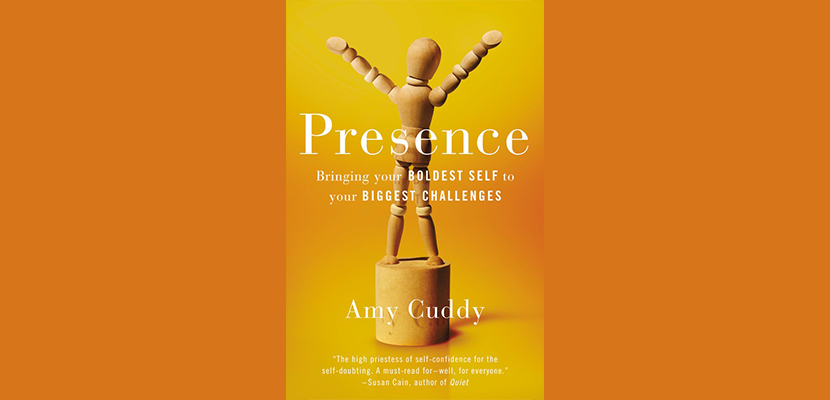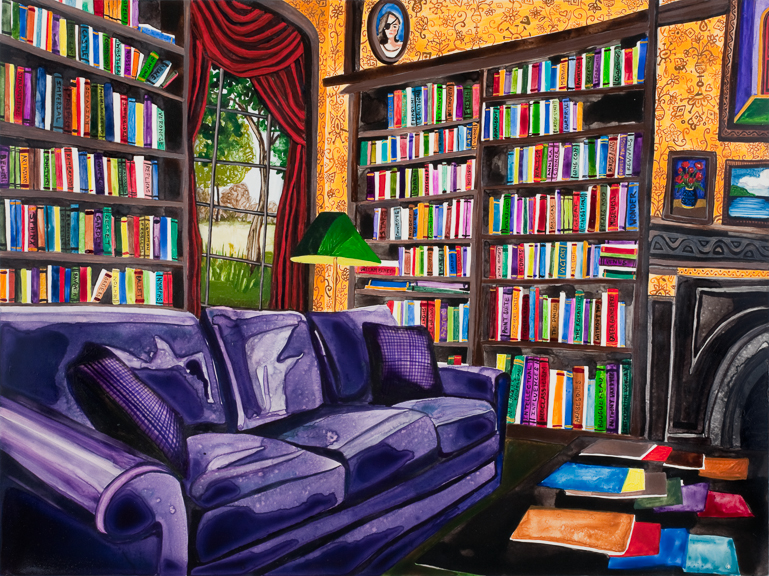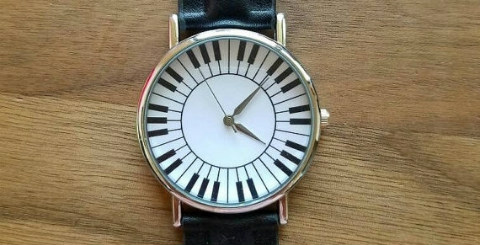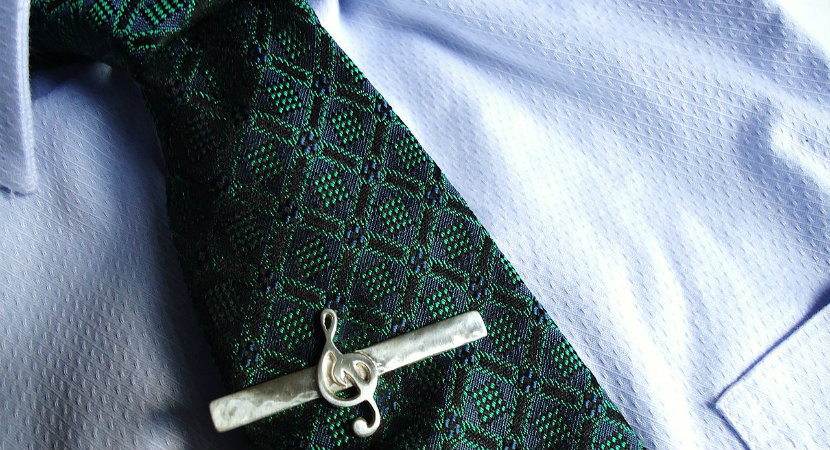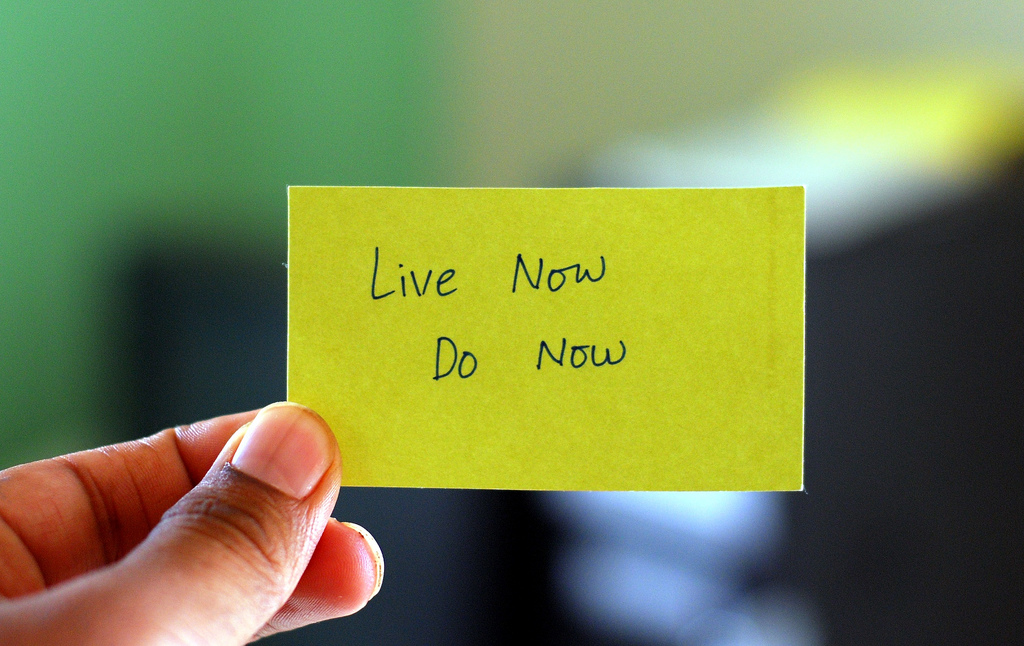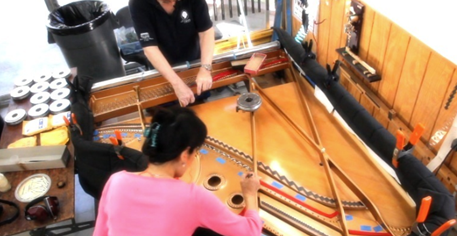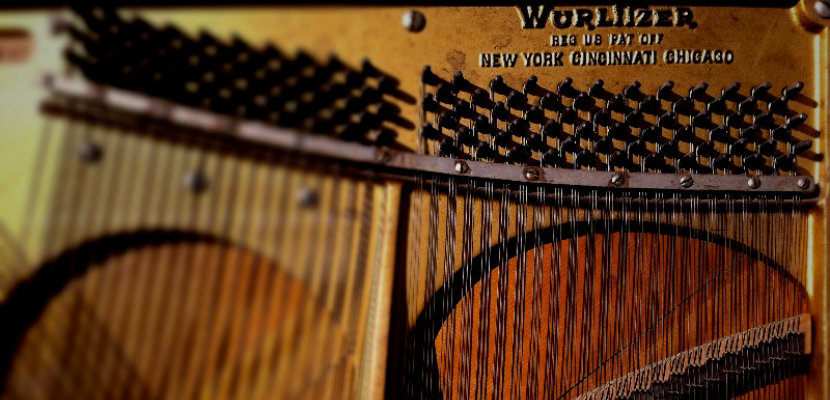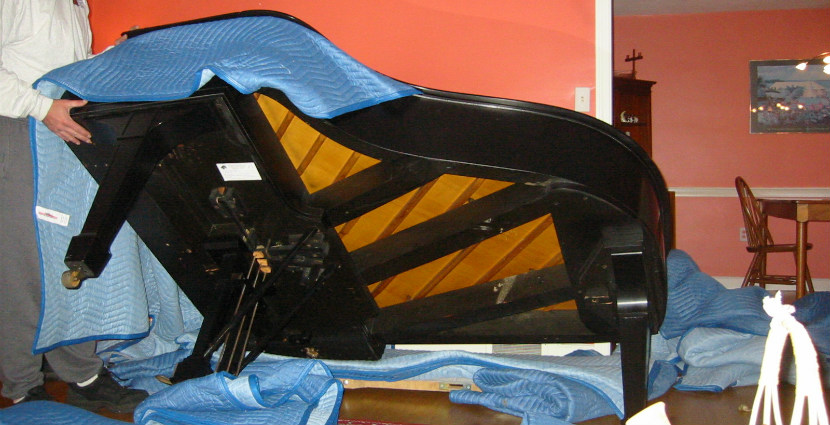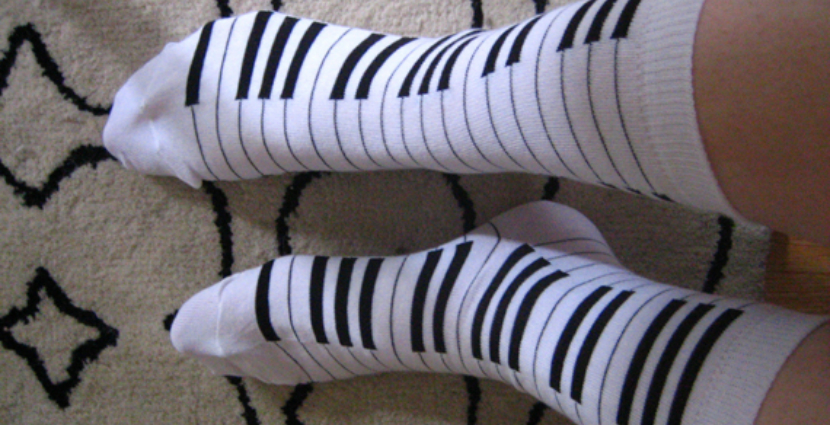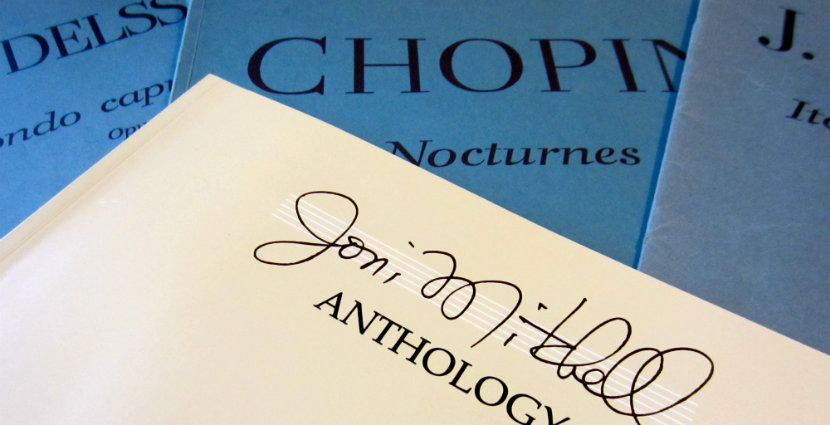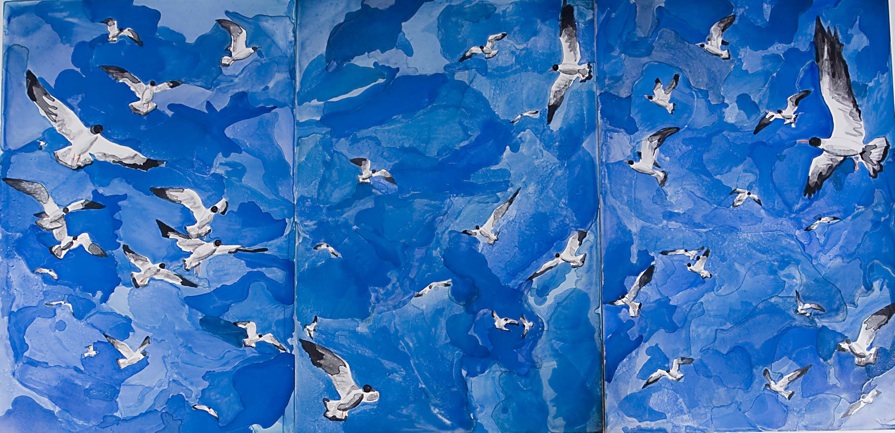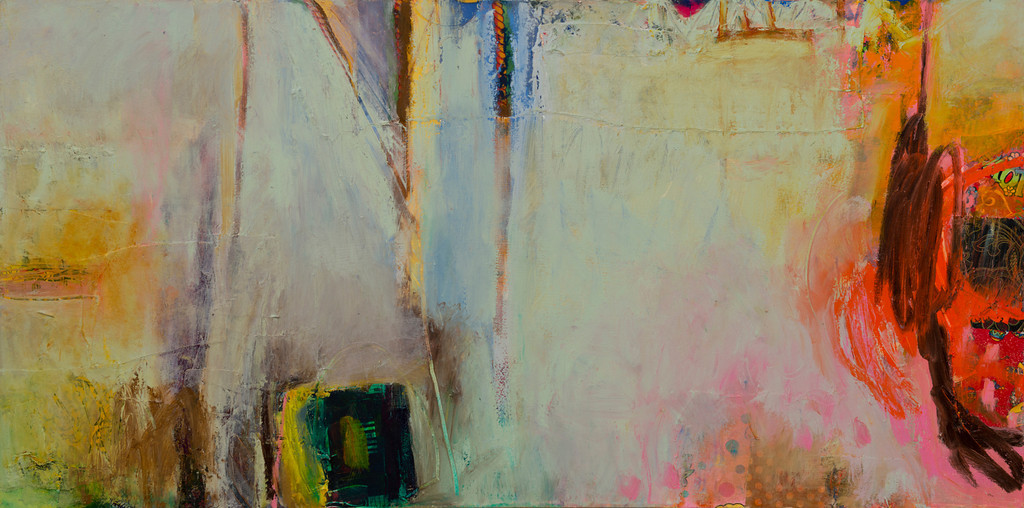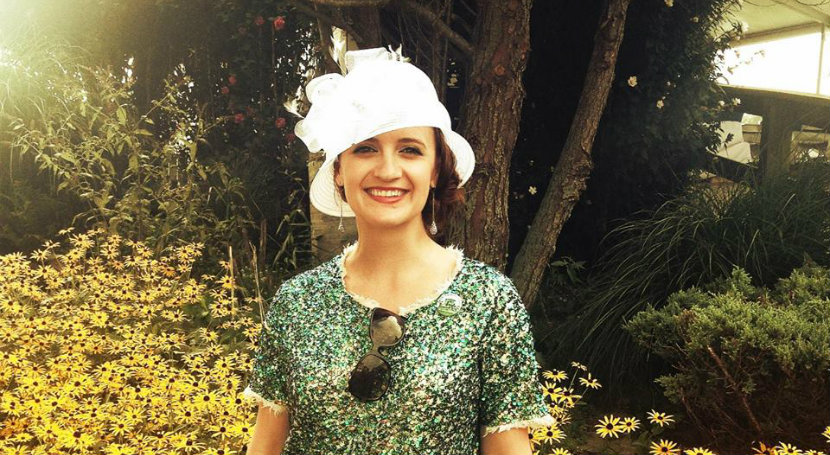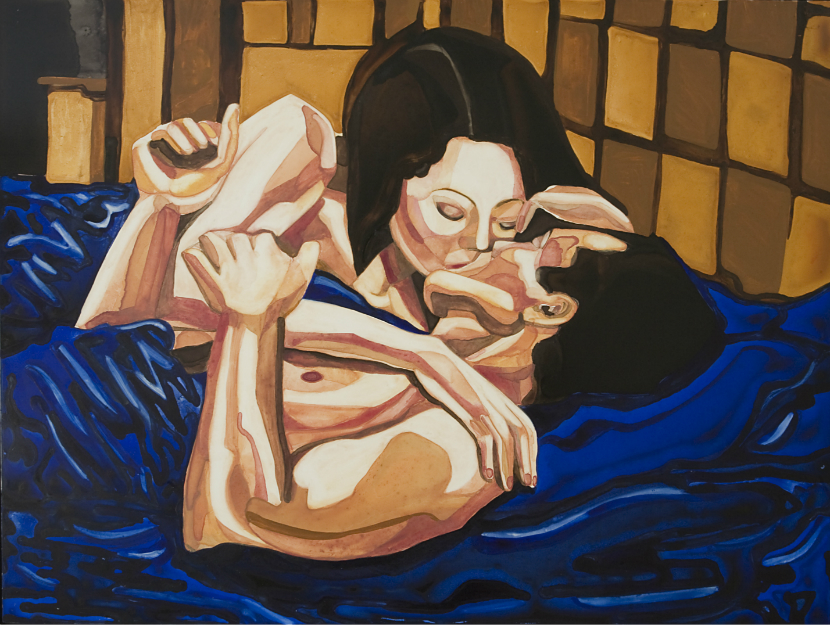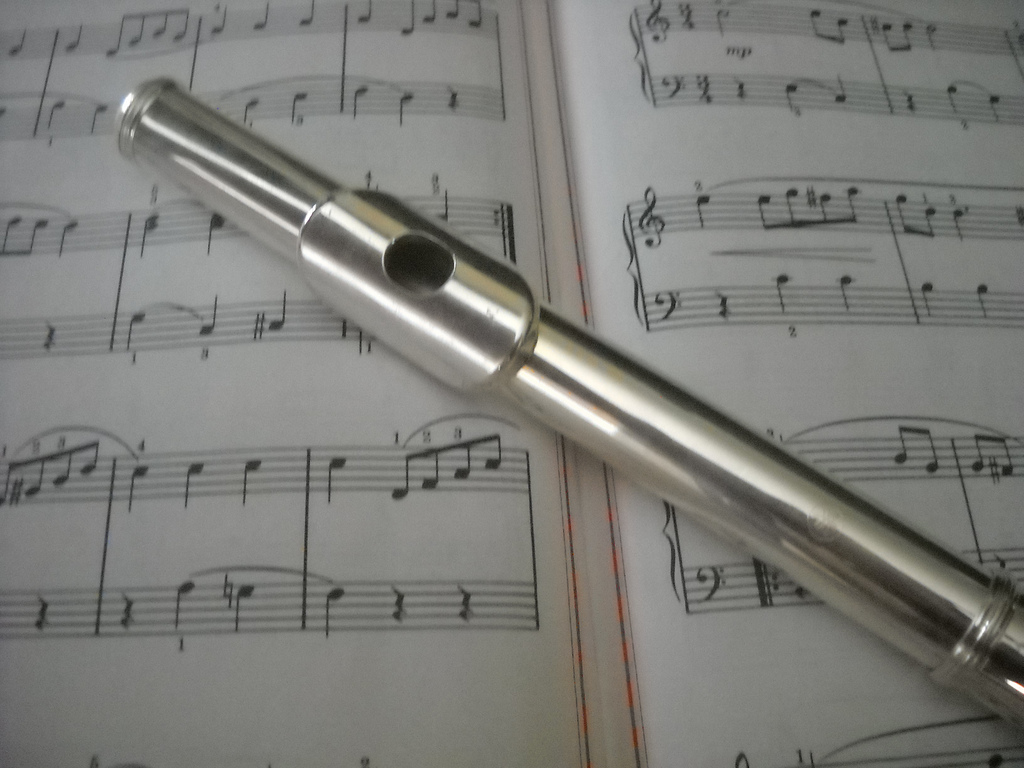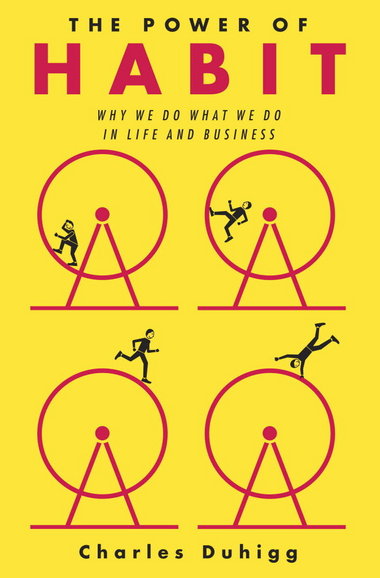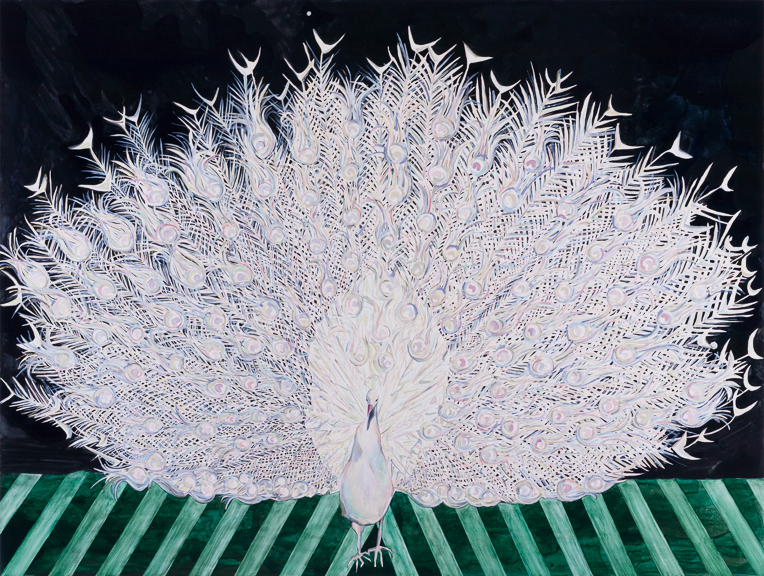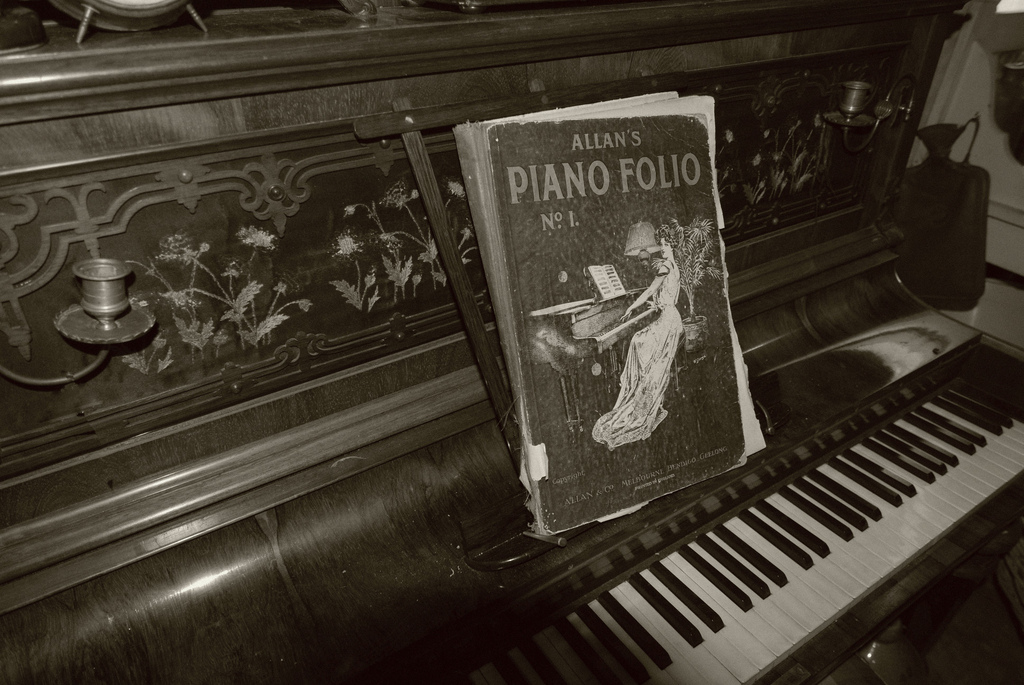In this poem consisting of a single sentence, Dan Howell draws on a lived experience to describe the sound of an older woman playing.
Inspiration and claiming your passion
The Piano Speaks, a Poem
In this poem bursting with nature imagery, Sandra Beasley channels the perspective of an old piano that is woken back to life by a master like Erik Satie.
Thanking My Mother for Piano Lessons, A Poem
In this poem for her mother, Diane Wakoski expresses gratitude for her childhood piano lessons that provided a respite from the ugliness of life.
Picking Up a Beethoven Sonata After 50 Years
Like so many adults, I thought about lots of different things I would do when I “retired,” among them not setting an alarm, traveling, learning Spanish, spending more time with the grandkids—and, oh yes, returning to the piano.
Power Poses for Piano Practice
That neighbor walking past my house with his dog: did he hear snatches of my music through the window, and is that a smirk on his face?
Seeking Expert Piano Tuner
Seeking expert piano tuner, must have a good ear – as well as experience with antiques – to tune and restore a beautiful walnut baby grand with original brass pedals, ivory keys, and a chipped ivory
Top 10 Holiday Gifts for Piano Nerds
Perhaps you—a cool indie-pop fan with a dusting of a beard or sleek leather booties—could not care less as to who came first, Bach or Beethoven.
Top 10 Benefits of Being a Piano Nerd
After years of practice, attending adult piano lessons, and perhaps even performing in amateur piano concerts, you’ve accepted that the piano is a focal point of your life.
Putting the Piano at the Center of My Life
In my mid-20s, I felt like a failure when I returned to Irvine, California, to live with my parents in my childhood home. I didn’t know what to do with my life.
American Grand, PBS Documentary, Created by Amateur Pianist
The initial idea was to make a short film. A nice little film crammed with beauty shots of the internal organs of a piano. I reckoned it would take about four days to shoot.
The Wurlitzer
We bring you “The Wurlitzer,” a literary short story by the award-winning writer Christi Craig, set to music performed by founding editor Nancy M. Williams.
Grandpa’s Gift
As a shy 12-year-old girl, I never imagined that I’d one day thank my grandfather, Franklyn Mcafee, concert pianist, organist, and music teacher, for my hurting my feelings.
Ode to the Piano, a Poem
Poet’s Introduction: I was stunned when I first saw GRAND PIANO PASSION™—it was beautiful the way it connected the arts, and I found it healing to read through the archives.
Your Brain on Adult Music Lessons
Good for your brain—Susan’s words resonated with me. Like so many middle-aged people, I worry about my brain; particularly because my father died of dementia a few years ago.
Top 10 Warning Signs You May Be a Piano Nerd
This month marks my eight-year anniversary of reclaiming my passion for the piano. Now that so many years have elapsed, am I growing tired of studying the piano? Not at all! In fact, I have found that the longer I play the piano, the deeper my commitment grows.
Bringing Joni Mitchell into a Chopin Nocturne
On a whim, I slipped a Joni Mitchell songbook into my tote bag along with my classical piano scores, before scrambling for my keys and rushing out the door for my session at the new music studio where I’ve been practicing once a week, since I don’t have a piano at home.
Prelude in E Minor, a Poem
Maybe because I was afraid at this first really important concert as a 10-year-old, felt the taste of fear, the piano so huge, it somehow came back—the drowning incident that took place when I was five.
Portraying What Cannot Be Seen
For Leya Evelyn, practicing the piano and painting are meditative experiences, each nourishing the other.
A Contemporary Romantic
The painter Annika Connor is a Contemporary Romantic, a term that is at once wholly new and yet wonderfully old-fashioned, reminiscent of Chopin, Liszt, and Schumann, members of the Romantic music movement in 19th century Europe.
Fantasy Impromptu, a Poem
The only way I could deal with the distance within my marriage, within myself, was to practice and practice. Fantasy Impromptu is a difficult piece to play well, and it took me out of myself.
Adult Music Lessons Brought Out the Child in Me
She flung open the door, interrupting my Bach Sonata in A Minor. A quick flick of her long blonde hair, and my flute lesson was over, despite the large clock on the wall indicating otherwise. My teacher, Susan, nearly knocked me over to greet her.
How to Break Bad Habits in Piano Practice
Lately, I’ve developed a bad habit during my piano practice. About 15 minutes in, I glance over at my computer monitor, logged off, the screen a still black.
The Minute Waltz, a Poem
The Minute Waltz (Opus 64 No. 1) by Chopin was my first experience of music as more than just pleasant sounds. I was spellbound by the piano playing this piece.
Piano Gone Missing
Almost a quarter century after August Wilson wrote his play The Piano Lesson, CBC News in Ottawa buzzed on May 29 that “Police seek grand piano missing from Kingston-area home”.

